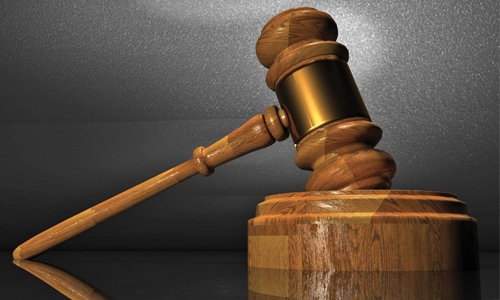High appeals court upholds decision to dissolve Waad
Manama : The High appeals court yesterday upheld an earlier ruling ordering the dissolution of the National Democratic Action Society also known as Waad.
The society was dissolved in May this year by the High Civil Court on proven charges of gross violations committed by the society to undermine the social fabric and homeland’s stability and security.
The Justice Ministry, which filed a case against Waad in March accused it of “serious violations targeting the principle of respecting the rule of law, supporting terrorism and sanctioning violence,” welcomed the court ruling.
In a statement carried by BNA, the Ministry of Justice, Islamic Affairs and Endowments said the upheld court ruling dissolves the society, liquidates its assets and orders them deposited into the State’s Treasury.
The court said that group had glorified men convicted of killing three on-duty policemen in a bomb attack in 2014 as “martyrs of the homeland”.
In a statement carried by news agency BNA, the court said the society also voiced its support with the dissolved Al Wefaq society which had also breached the Kingdom’s constitution and instigated violence, demonstrations, sit-ins and sectarian strife in the country.
Upholding the ruling, the court said the society does not “recognize the constitution of the Kingdom nor the state’s institutions”.
“The society cannot claim to exercise its freedom of expression as ensured by the Constitution and at the same time not recognise this Constitution,” the court said.
The appeals court also stressed that the society has not denied the charges filed against, which includes breaching the Political Societies Law during times of unrest and terrorist incidents in the country. Bahrain’s Political Societies Law bans the formation of any connections or cooperation with any political party to break the law and the Constitution or to oust the Constitutional regime.
Related Posts

